Advertisement
Athletic trainers help keep student athletes safe, healthy and happy.
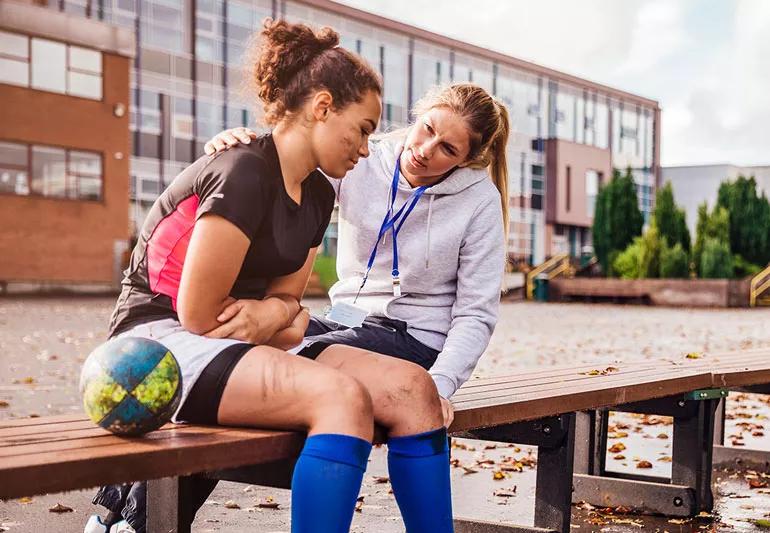
You’re chatting with your teen about sports practice when your budding athlete mentions the school’s athletic trainer. Admit it: Your first thought was, “The school’s what?”
Advertisement
Cleveland Clinic is a non-profit academic medical center. Advertising on our site helps support our mission. We do not endorse non-Cleveland Clinic products or services. Policy
If you’re a little fuzzy on the whole athletic trainer thing, you’re not alone. So what do these professionals do for student athletes and sports teams? Athletic trainer supervisor Manny Economos, AT, separates the facts from the fiction.
No, they’re different. (But it’s a little confusing with those similar names.) Here’s the scoop:
Treating sprains, stress fractures and the like is a big part of the job. But that’s just for starters. “Prevention, treatment, rehabilitation — athletic trainers perform many tasks,” Economos explains. “Think of us as a healthcare resource for athletes.”
An athletic trainer can:
Advertisement
Sure — but only if they do the work and get certified. Athletic trainers are required to have a bachelor’s degree from an accredited athletic training program. The majority have a master’s degree or higher. To become a certified “AT,” they have to pass an exam given by the Board of Certification for the Athletic Trainer.
Not at all. Athletic trainers in high schools were less common a generation ago, so don’t feel bad if you’re not up to speed. But these days, more and more high schools — and even middle schools — are adding athletic trainers to the staff.
In other words, your student athlete is probably much more familiar with athletic trainers than you are!
Still, it never hurts to remind your child that athletic trainers are a resource they can rely on. They might be a little unclear on the whole thing too — especially if they’re new to team sports. And sometimes, kids are hesitant to talk to the athletic trainer if they think something is wrong.
“Some kids don’t want to come see us because they’re afraid they’ll be taken out of the game. But our goal is to treat injuries early so we can keep them in the game,” Economos says. No parents like to imagine their child getting hurt during a game or practice. But it’s nice to know there’s a healthcare pro on hand, just in case.
Advertisement
Learn more about our editorial process.
Advertisement

Concussion protocol describes the steps needed to test for concussion and return to play — timelines vary

Build breaks into training routines to prevent the wear and tear behind repetitive stress

Keep your child healthy and happy in the heat by ensuring they’re drinking water and taking breaks
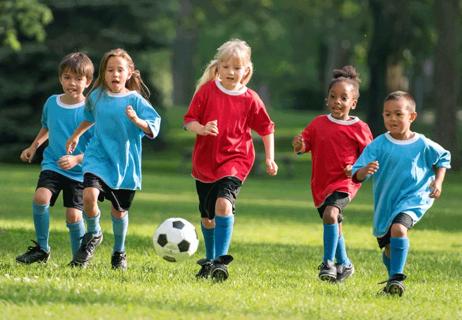
Participating in sports teaches kids life skills and can build self-confidence for the long haul
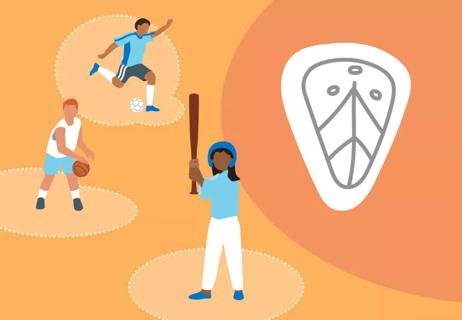
Protective equipment like sports cups can help avoid injury

It depends on how sick they were
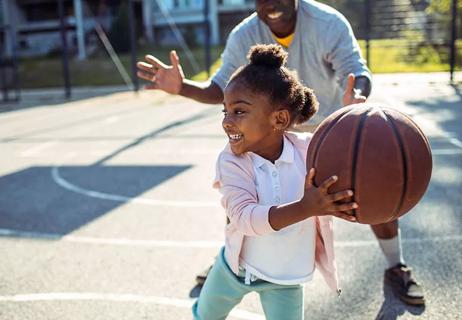
Each child and condition is unique, but most kids can play with proper precautions
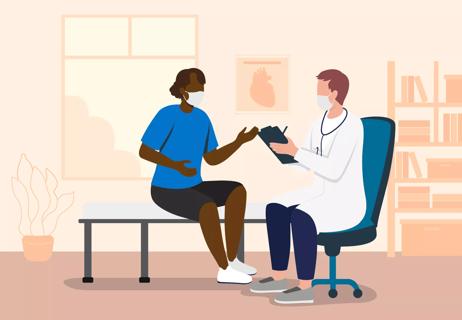
An annual exam looking at heart health
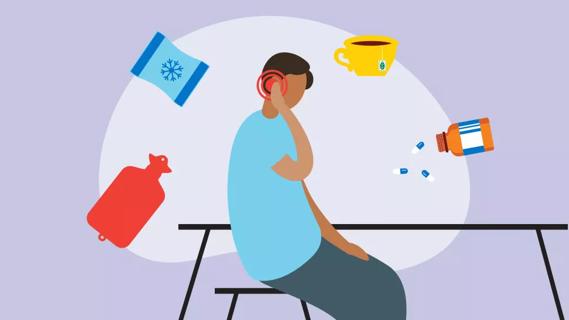
Not all ear infections need antibiotics — cold and warm compresses and changing up your sleep position can help

A glass of lemon water in the morning can help with digestion and boost vitamin C levels, and may even help get you into a better routine